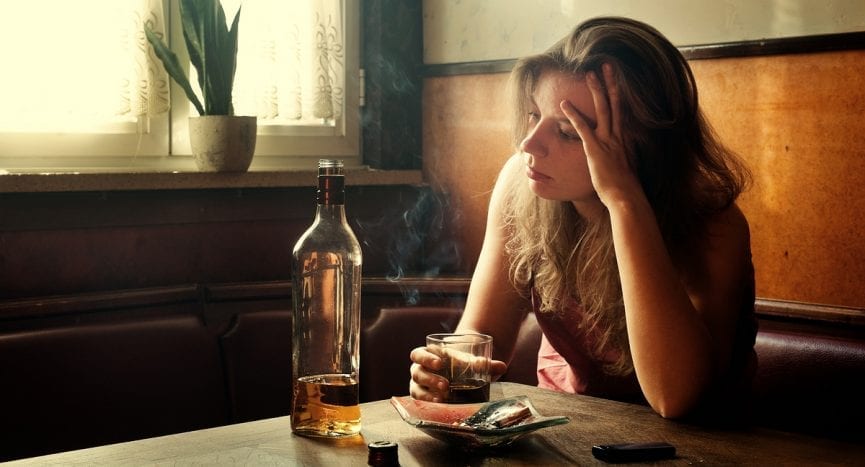
The discussion of any form of addiction is one that is ongoing, and always a central topic of focus, both in the media and in everyday life. There are many forms of addiction, and they are all as serious as one another. By nature, addiction tends to take over the life of the individual affected, polarising every other aspect of their life and taking over, for better or for worse. Alcoholism, for example, works its way in quietly and takes hold relatively quickly. An individual can be having a few events in the timeframe of a week or so, and pick up a causal drinking habit. If not paid attention to and corrected relatively quickly, this habit evolves into a dependency. This is where the danger lies. Therefore, it is so difficult for so many people to admit that they have a problem, before that problem reaches crisis point. It is easy to feign awareness of an issue when people that choose not to drink at social events and parties are the ones who are scrutinised.
Somewhere along the line, we have caused an imbalance, and it is difficult for many to know how to right the ship. Addiction to alcohol is on the rise around the world, and it is becoming more and more obvious that this is a problem that is not going away without serious action. The nature of alcoholism is that it works its way into an individual’s life quietly and takes hold quickly. These are not assumptions. These are cold, hard facts. Alcohol dependency can work its way into someone’s everyday so easily, and yet people treat individuals addicted to alcohol like they caused the issue, they are the issue, they do not deserve the help. This is a disturbing rhetoric that has become the most widely associated mindset when it comes to alcoholism. Not only is it disturbing, but it is potentially fatally damaging to those who are struggling to make it through the day without having a drink.
The need for treatment plans is growing, but more than that the need for honest, open, and supportive conversation is vital to the health and wellbeing of these individuals. Blame never assists solution. That much is up to all of us. Becoming sober is a journey, and it is not something to be mocked, taken lightly, or judged. An addict’s decision to seek health and wellness for themselves is a tremendous act of courage, and nobody should ever be put down for making the actions and decisions to make their life better. The decision to make healthy steps towards sobriety is one that takes a lot of mental strength, and people who rely on alcohol are often quite broken by the point they are ready to ask for help. A big part of the problem is that people treat alcoholism like a choice and not an addiction. The mindset must change before any lasting progress can be made, and we are responsible for igniting that switch of a mindset.
Alcohol treatment is of course a very serious process, and it is one that can only truly work once the individual who is addicted is ready to tackle it head on. The recovery process takes time, and sometimes it can prove to be too much of a challenge the first time (or the second, or the third, and so on) for the individual to be able to pull through and make it through to the other side, clean and sober. Like any addiction, alcoholism is something that people around the world suffer with. This is not an issue that is geographically isolated to certain parts of the world. This is an issue that is happening everywhere, and it has been in crisis point for quite some time now. There is something freeing about having a few drinks with loved ones and letting one’s hair down. And there is also nothing wrong with it. The problem seeps in when people allow the alcohol to polarise their time with their loved ones, the events they are at, and their lives.
Alcohol addiction is something that is a fundamental life-changer, and not in a positive way. There is nothing scarier than realising all too late that what felt like a causal activity has become all-consuming. It is sometimes difficult to pinpoint a problem in ourselves or in people we know because somehow, we have gotten to the point where it is the people who opt not to drink at social events that are criticised and questioned. This is the root of the problem. We all need to work harder at choosing to be open and accepting, and especially encouraging, of people who choose to pull themselves out of the black hole of alcoholism. There is nothing light-hearted about battling addiction, and it should never be something to mock. Let this be a lesson.
